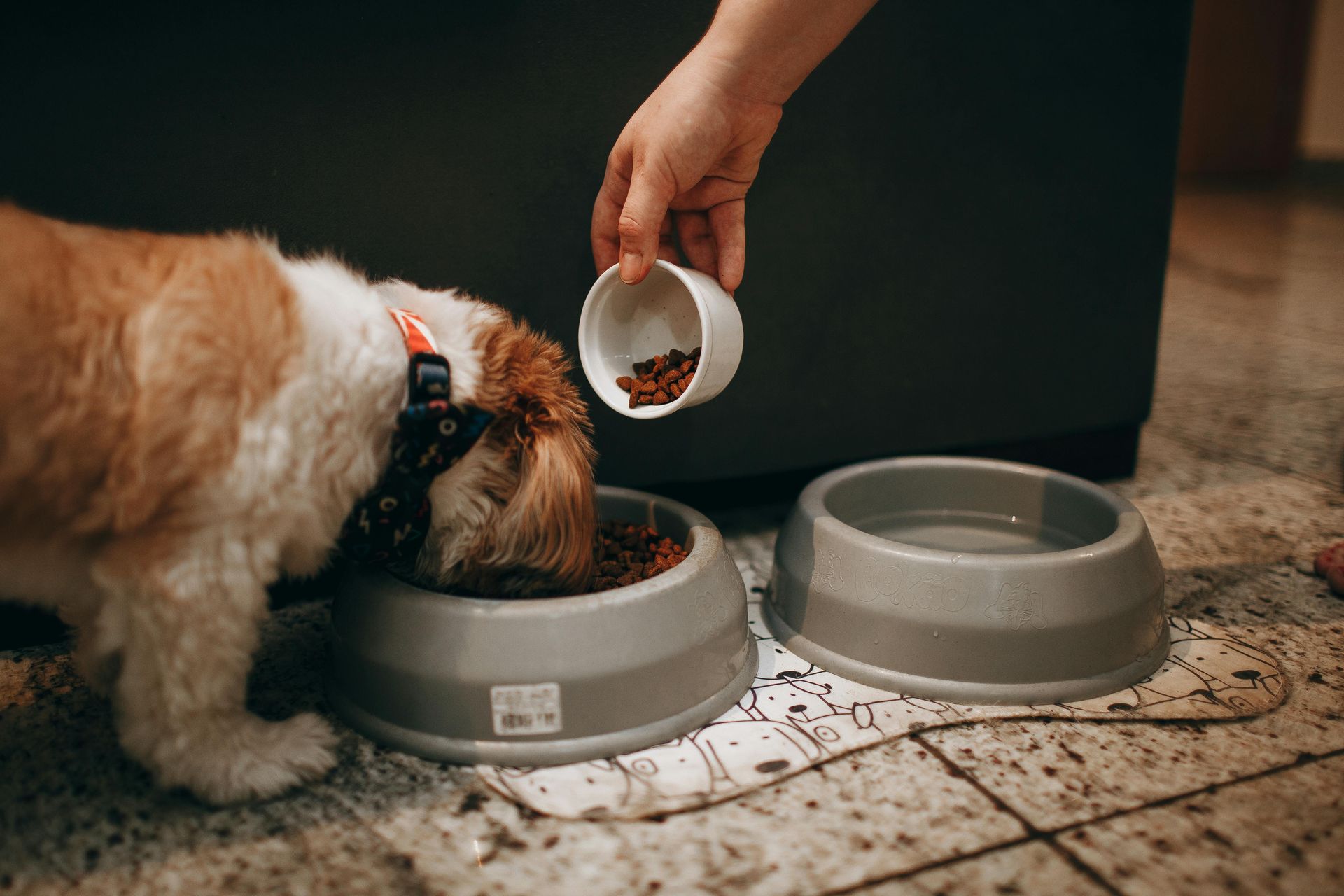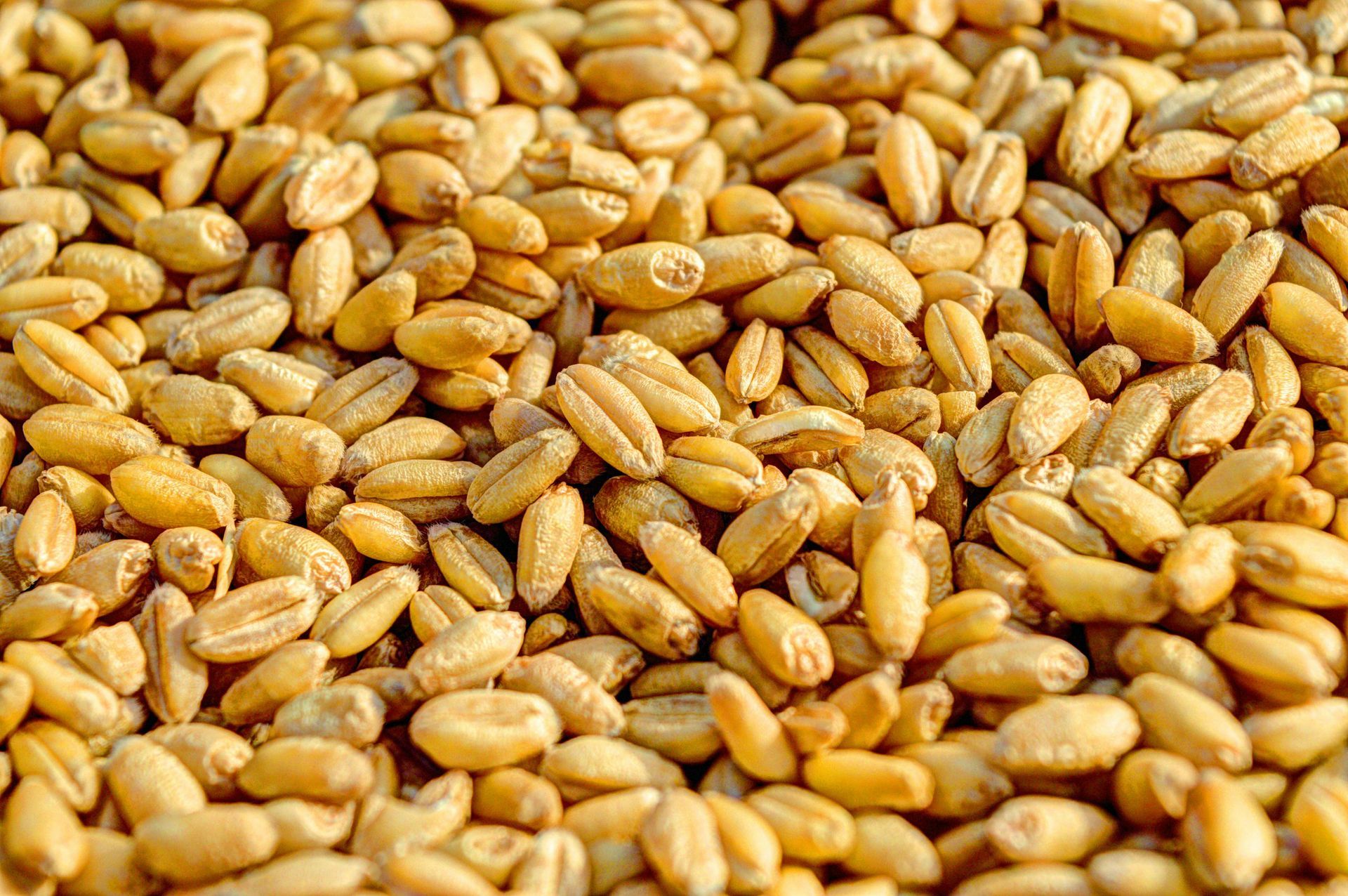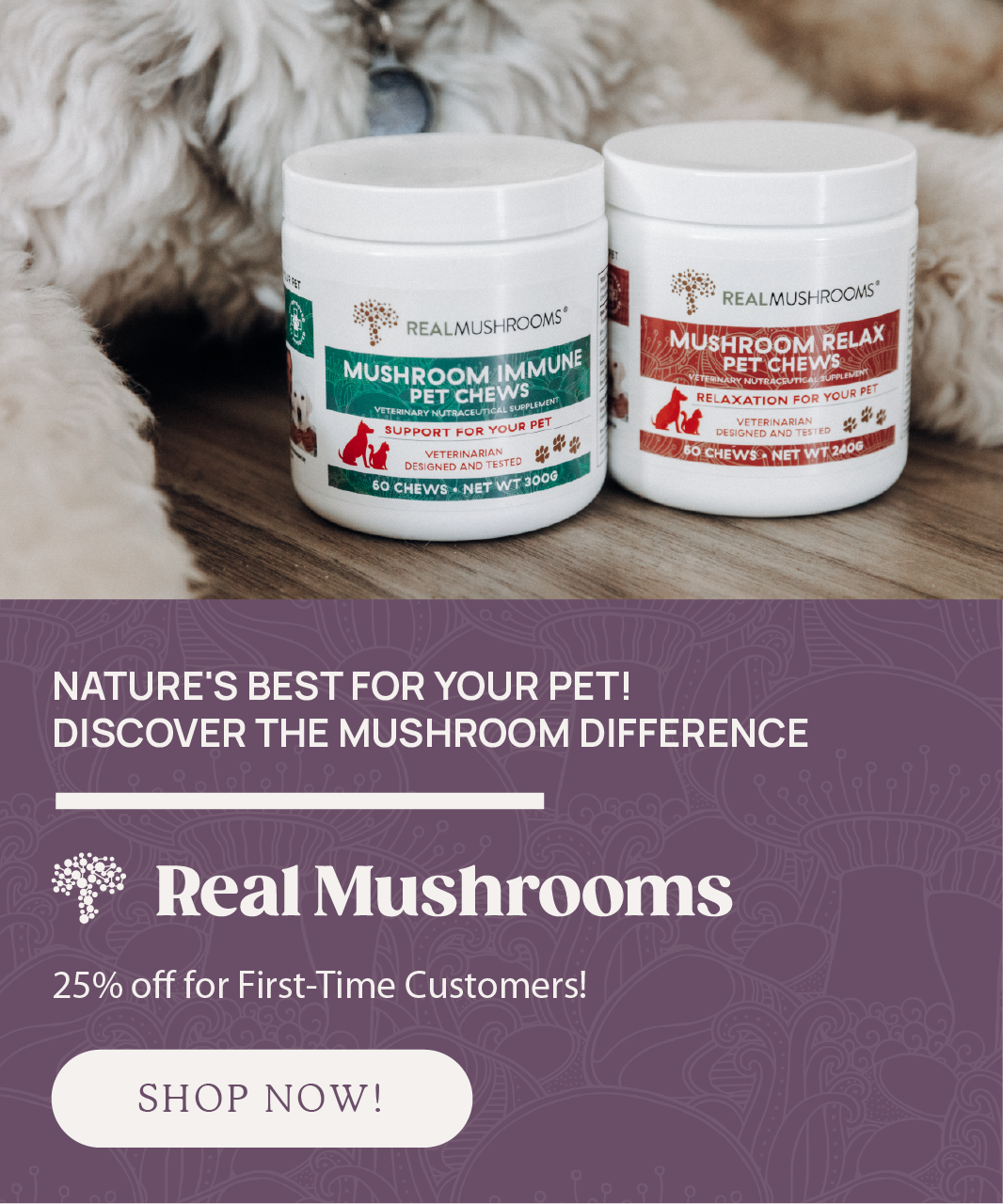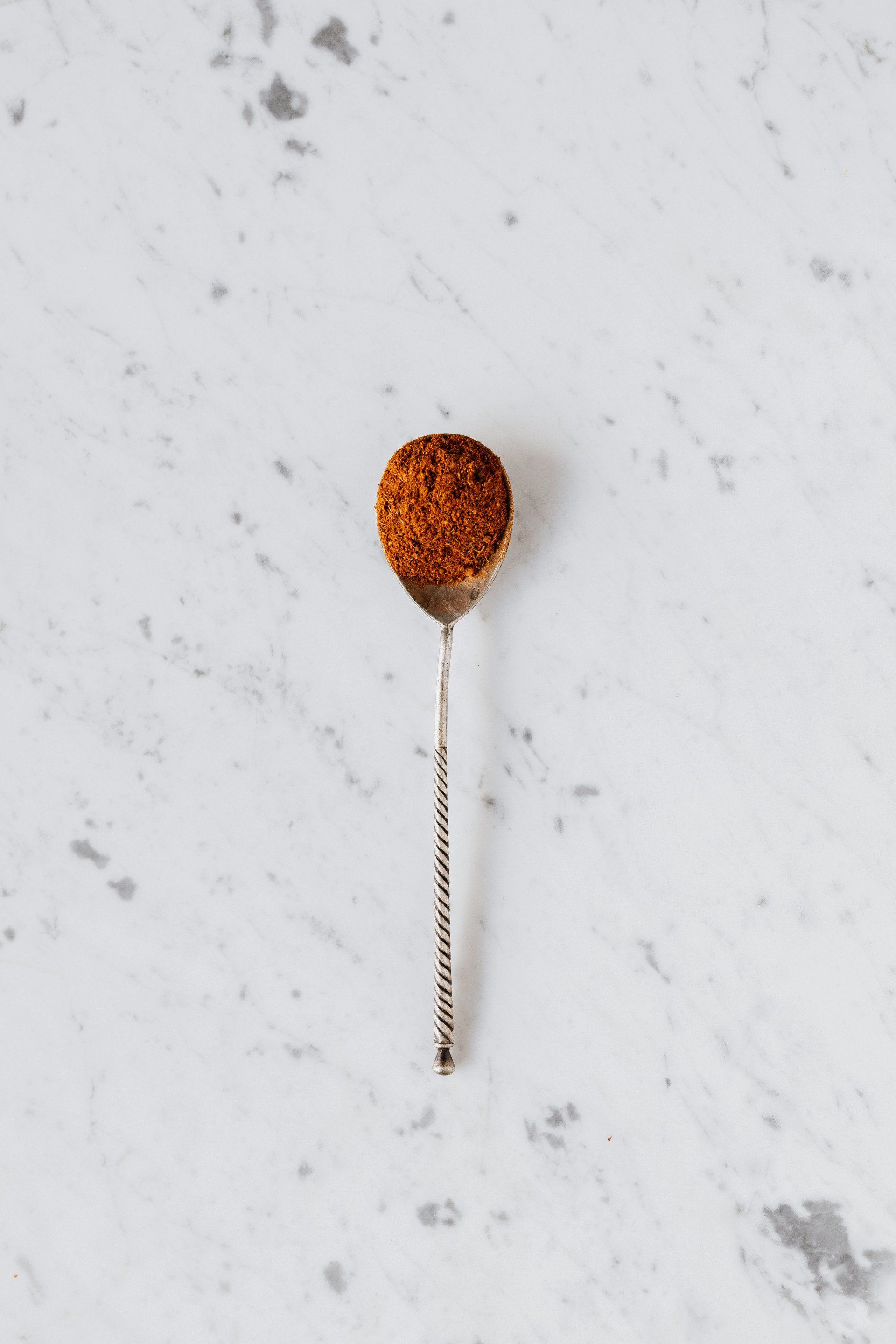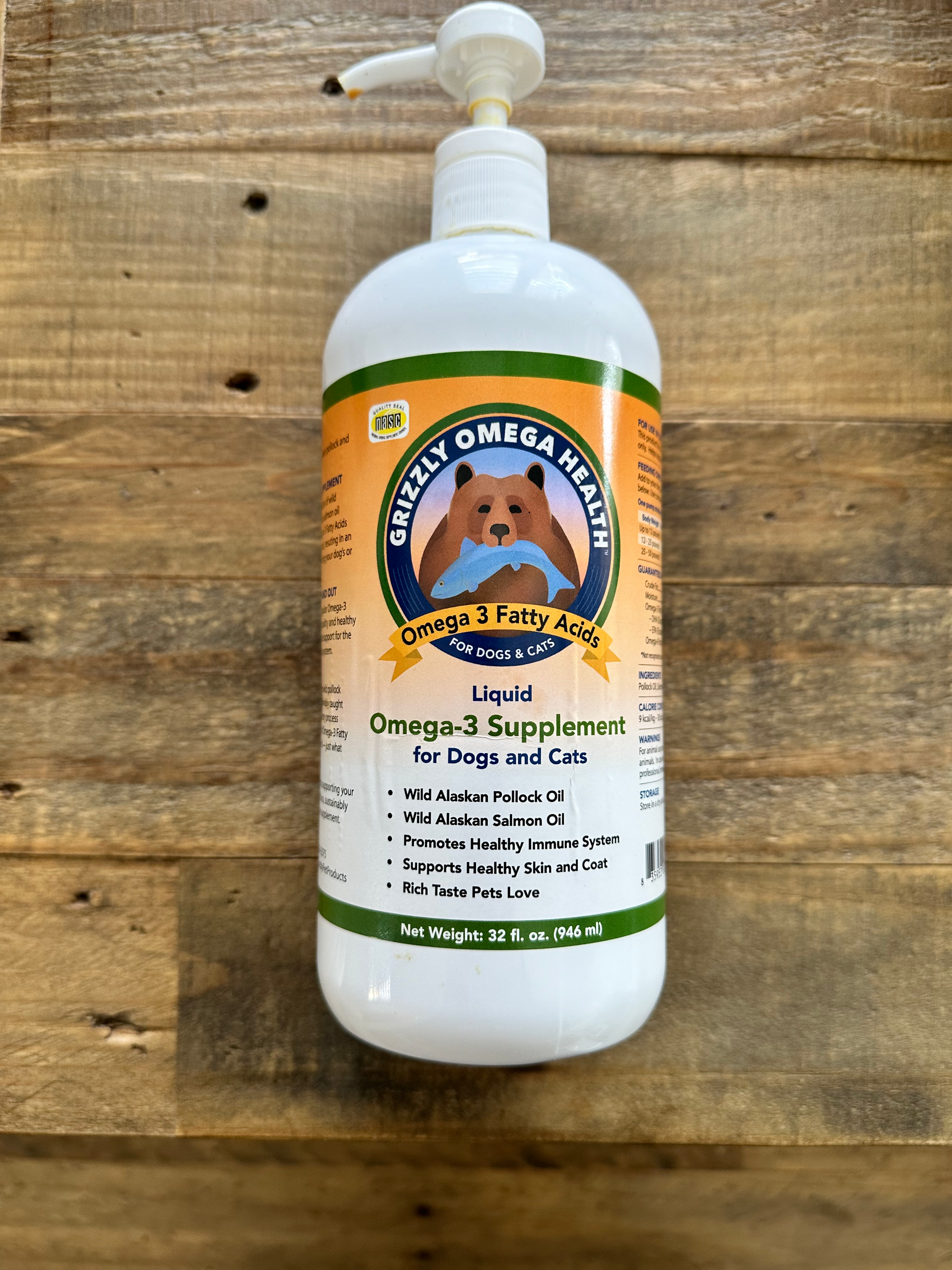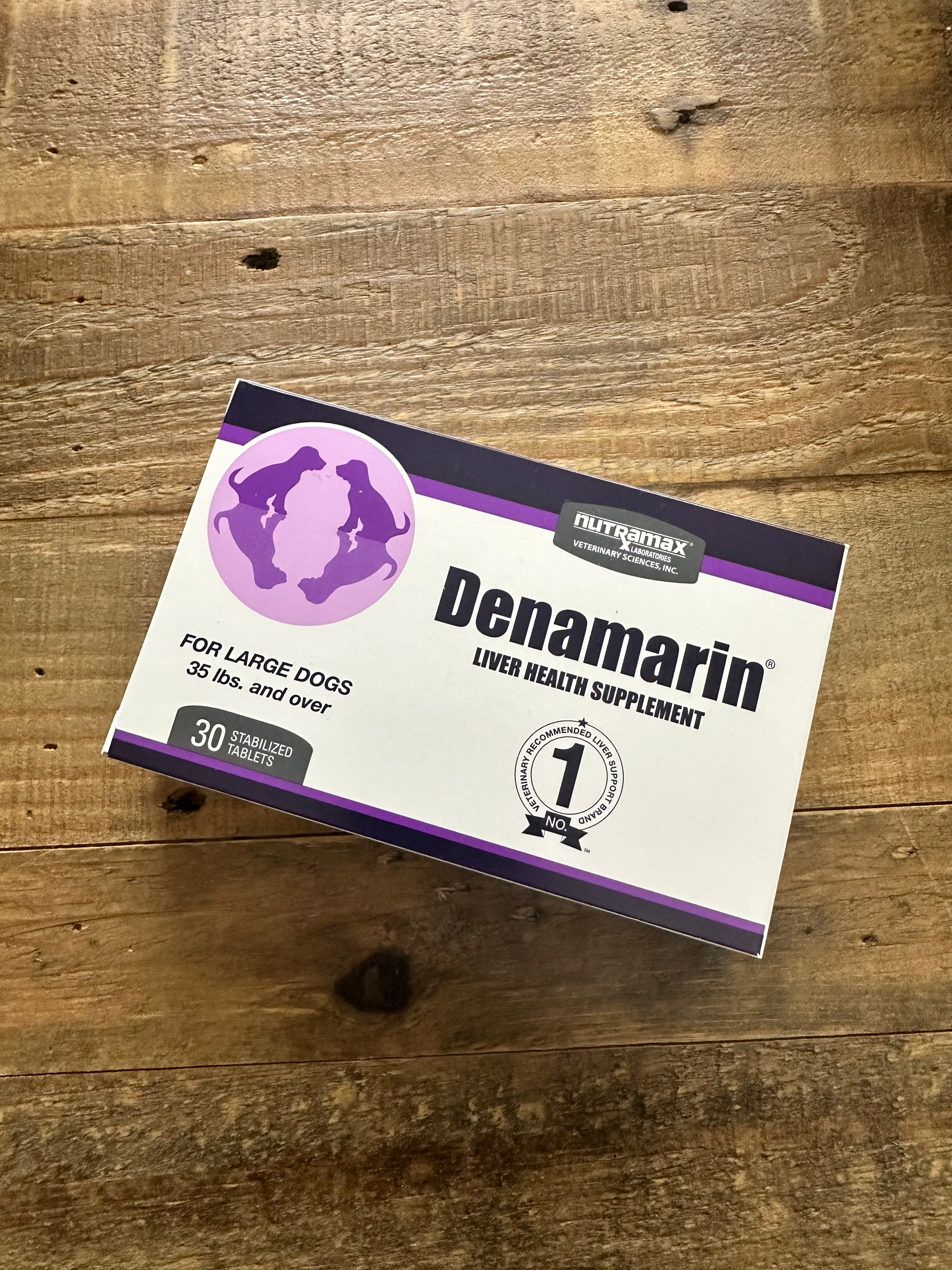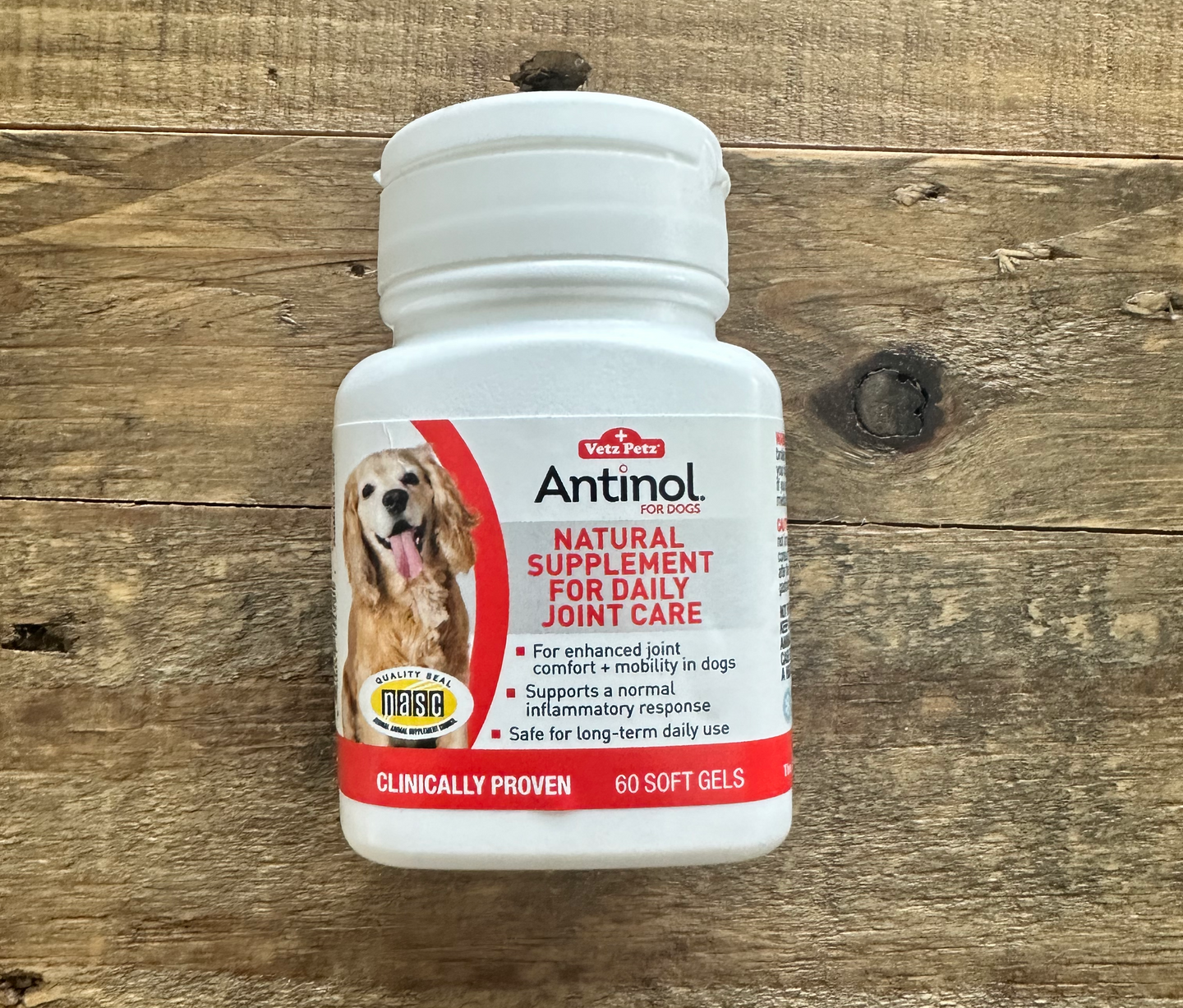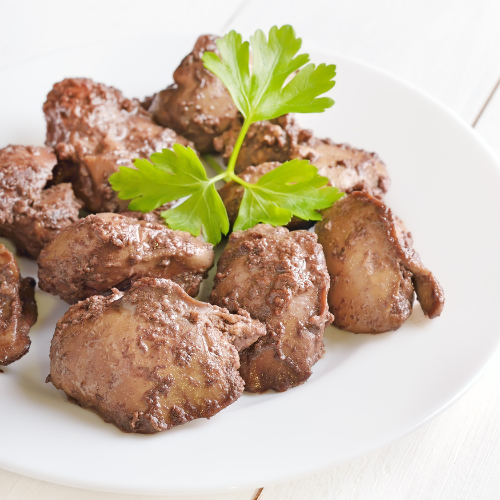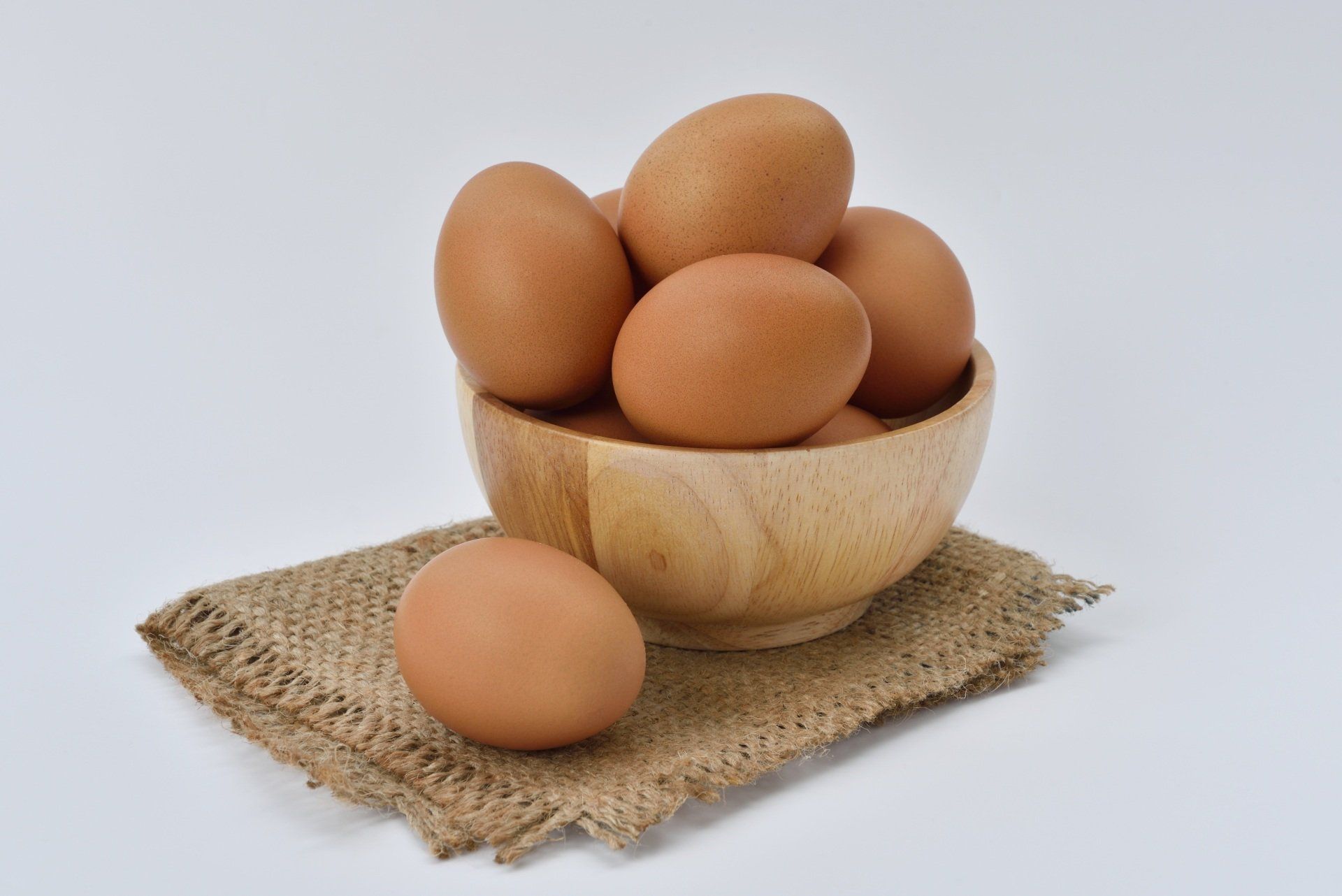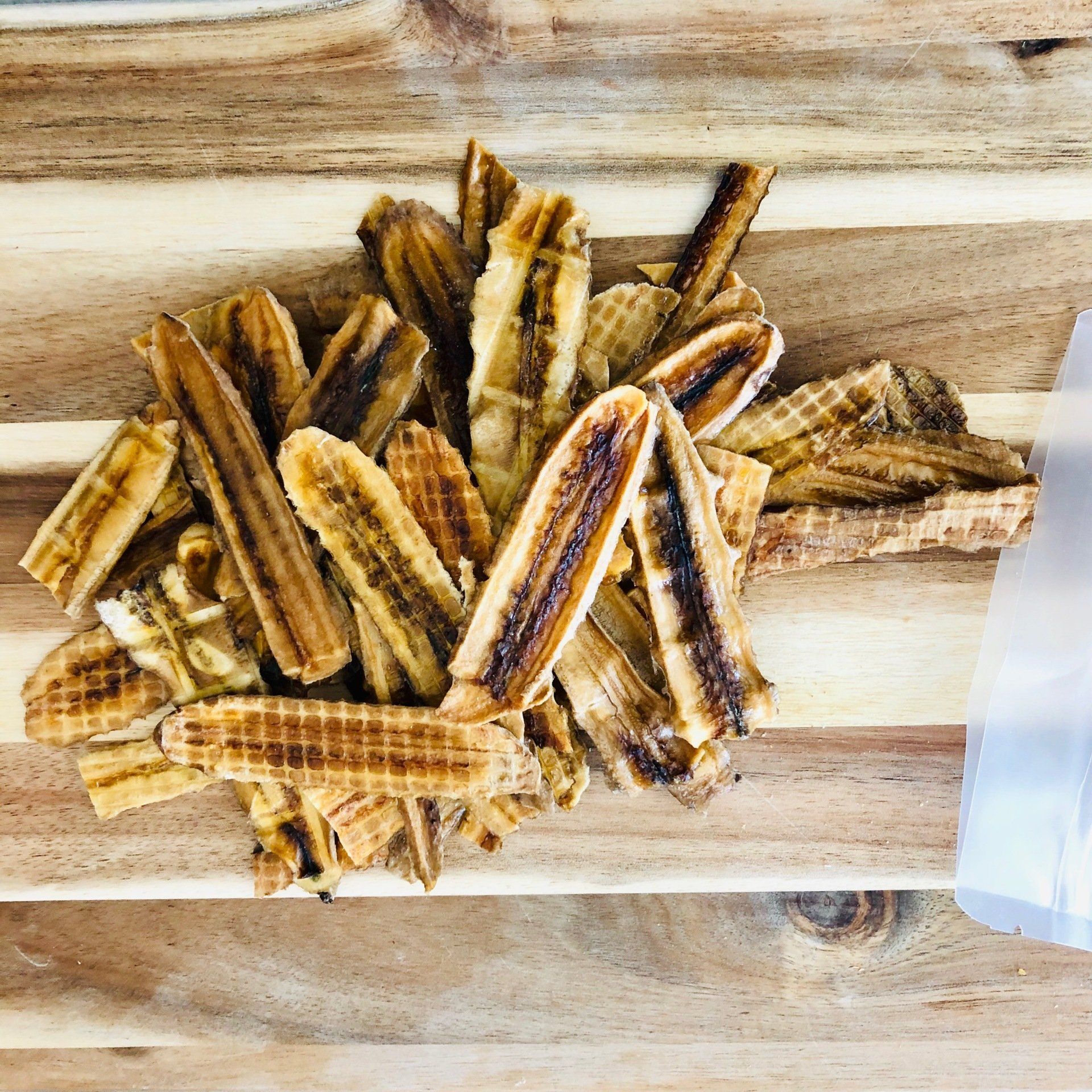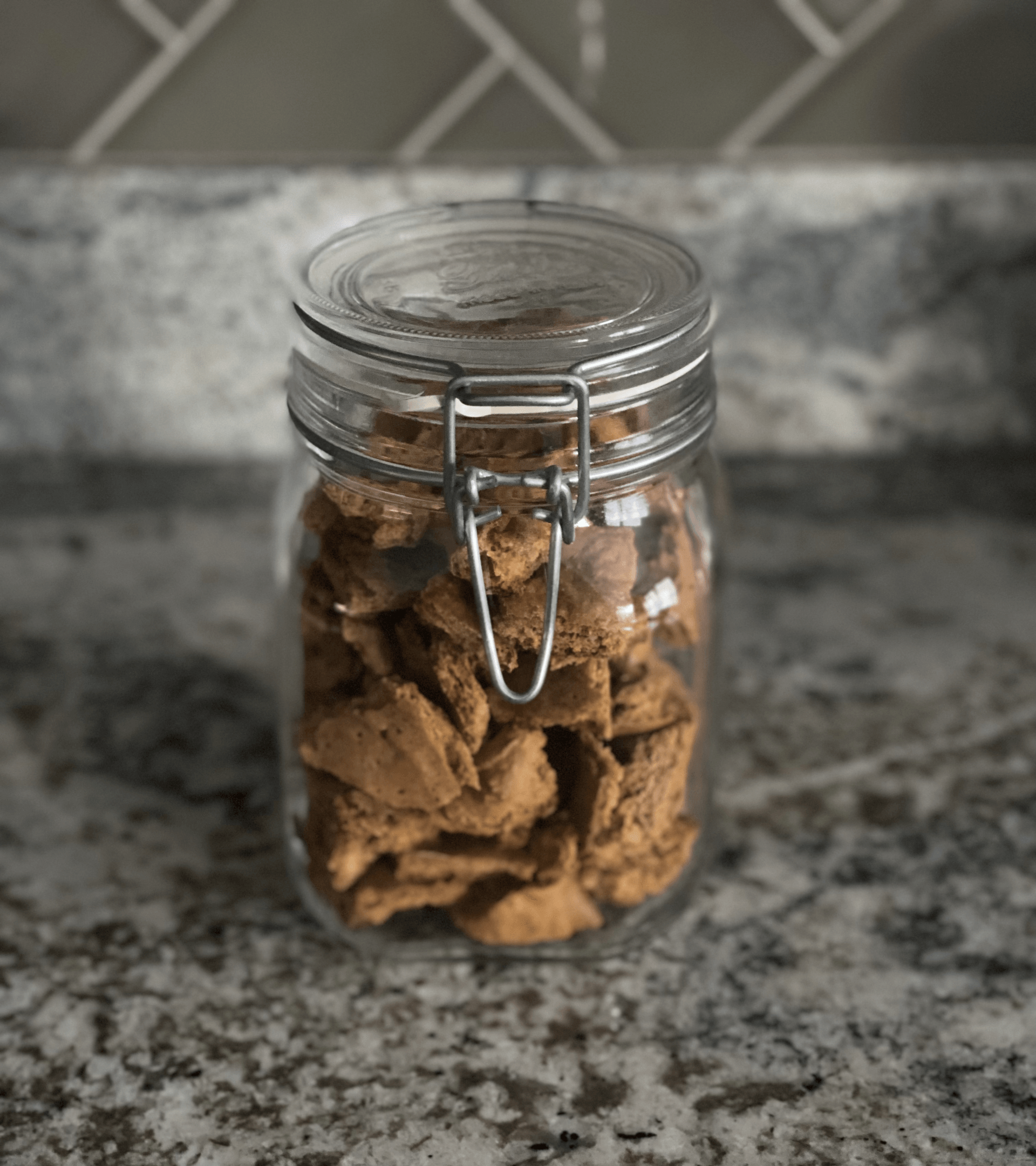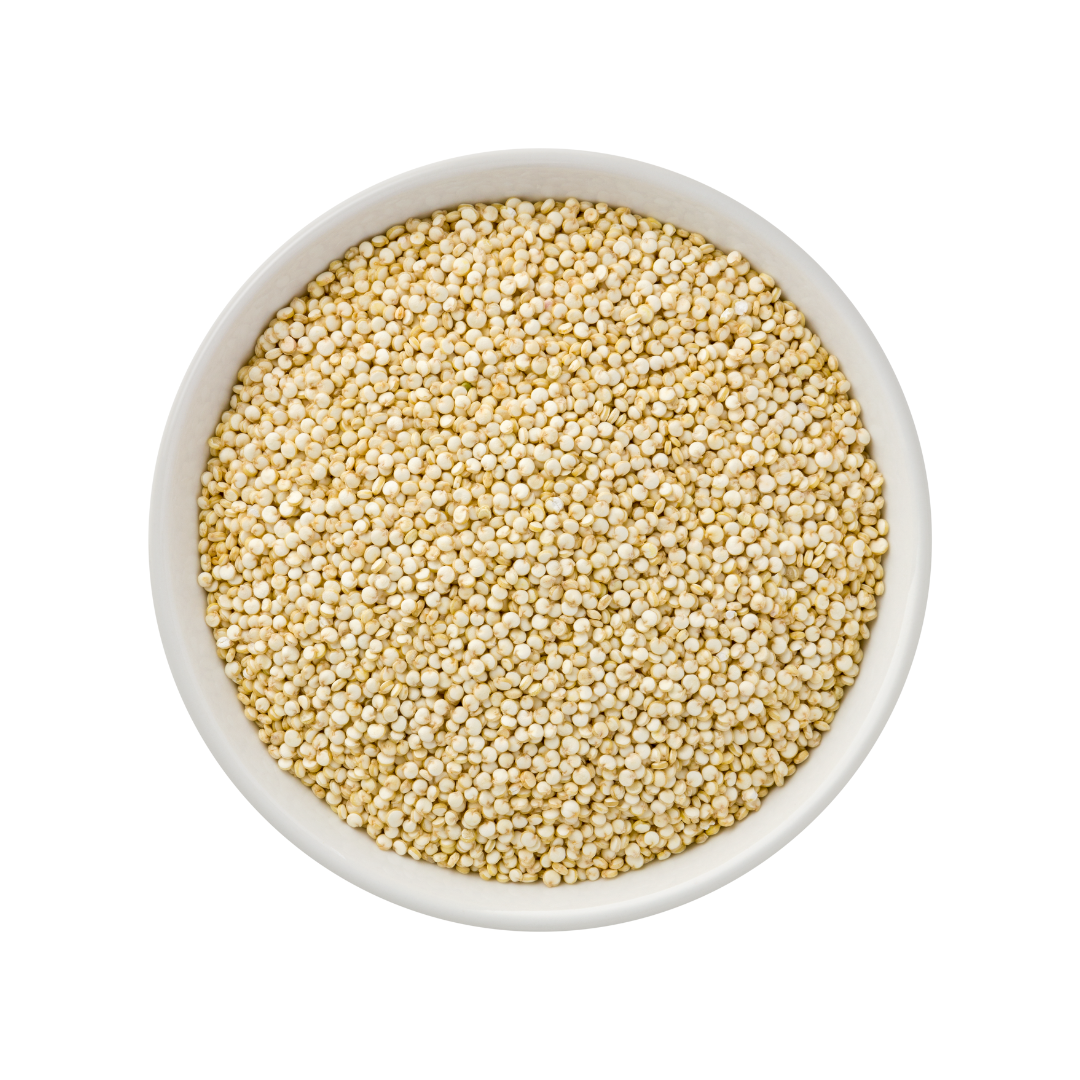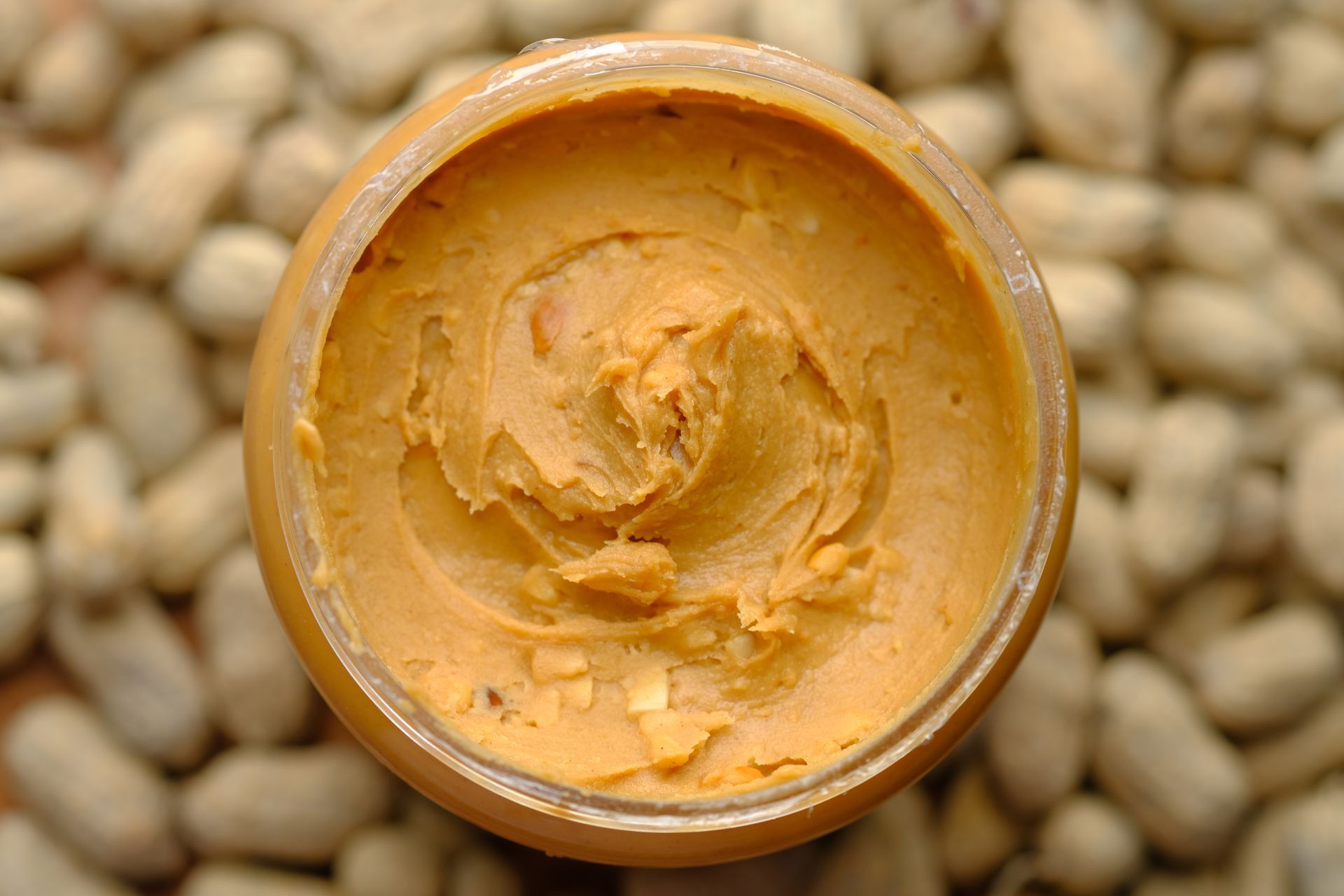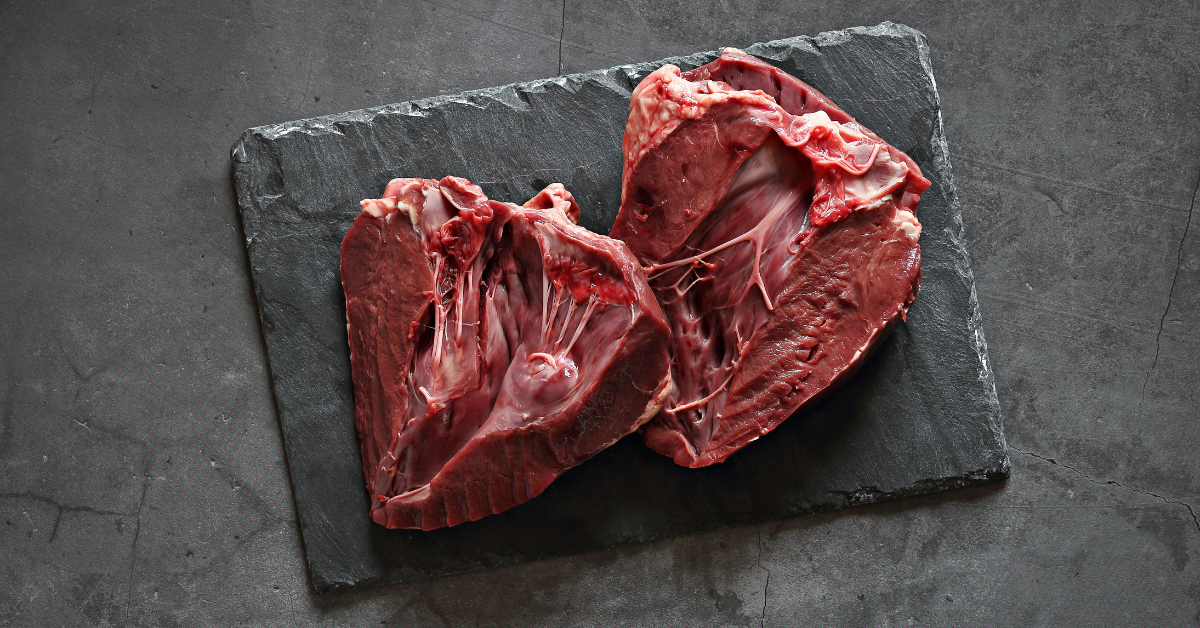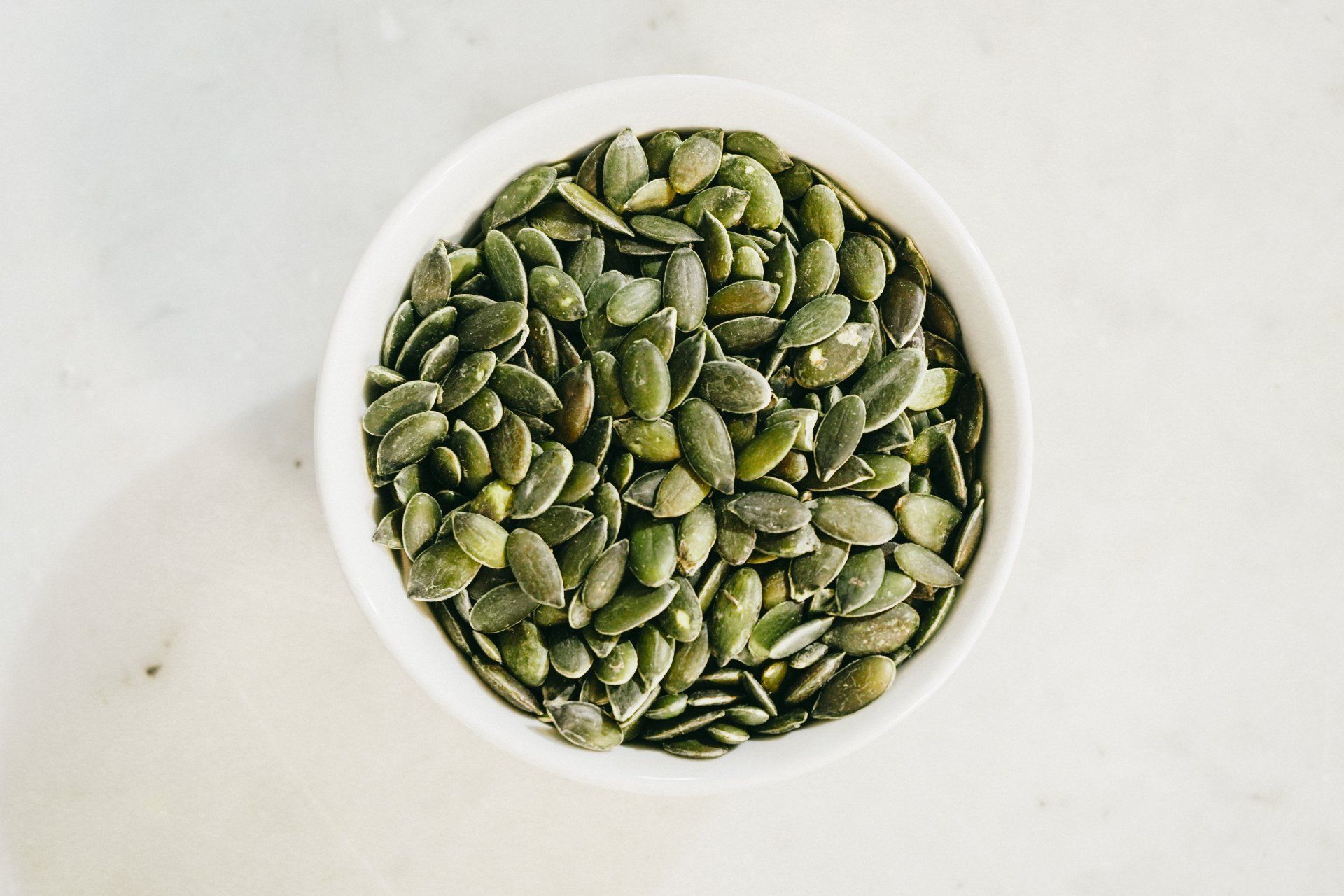I know the struggle. You stare at the dog food aisle, overwhelmed by choices, wondering if you're giving your furry friend the best nutrition. After years of shelling out for expensive kibble and questioning quality, I took the plunge into homemade dog food. Let me tell you, it's been a game-changer for my pup's health and my wallet (with a little planning, of course). That might be shocking to hear but since I have perfected my plan, I am spending less than I was when I was feeding expensive kibble. However, that was not the case at first. It took time to gain an understanding of what was important and ways to cut costs with minimal effects on my dog's diet.
Unveiling the Benefits of Homemade Dog Food
The biggest advantage? Complete control. Unlike commercial dog food, which can be a mystery meat and filler fiesta, homemade meals let you choose fresh, high-quality ingredients. You can tailor them to your dog's specific needs. Is your pup a growing giant breed? You can focus on protein and healthy fats. Does your senior dog have sensitive skin? You can eliminate ingredients that trigger allergies. As time went on, I learned what worked for my dogs and what did not.
Here's a breakdown of the benefits we experienced:
- Fresh, High-Quality Ingredients: You choose what goes into your dog's food, ensuring they get the vitamins, minerals, and protein they need to thrive.
- Tailored Nutrition: Address your dog's specific needs, be it allergies, weight management, or age-related concerns.
- Improved Digestion: Many dogs have better digestion on a homemade diet, leading to less gas, firmer stools, and a healthier gut.
- Stronger Bond: Cooking for your dog creates a special connection. Plus, they'll likely love the taste of fresh food!
Facing the Facts: The Cost of Homemade Food
Let's be honest, homemade food isn't always the most convenient option, especially in the beginning as you are learning appropriate ratios and balancing. Here's the breakdown of the potential costs:
- Ingredient Quality: Fresh, lean meats, healthy grains, and high-quality vegetables will cost more than budget kibble.
- Supplements: To ensure a balanced diet, you might need calcium supplements or other essential nutrients.
- Time Investment: Homemade meals take prep work. There's shopping, chopping, and cooking involved.
- Storage Solutions: Storing homemade food properly requires using airtight containers, which can be an initial investment.
My Top Tips for Affordable Homemade Meals
But wait! Don't let the initial hurdles scare you off. With some planning and creativity, homemade dog food can be budget-friendly! Here are the tricks I've learned:
- Bulk Up on Savings: Stock up on staples like lean ground meats when they're on sale, watch for sales and shop at clubs such as Costco.
- Embrace the Bargain Bin: Less expensive cuts like chicken thighs or pork shoulder can be just as nutritious as pricier options. In fact, I have learned that cheap roasts are actually better for your dog than expensive steaks like ribeyes due to the fat conent.
- The Power of Leftovers: Don't toss those veggie scraps! Broccoli stems, carrot ends, and even leftover cooked (unseasoned) veggies and whole grains can be chopped up and added to your dog's food. When you are creating your own grocery list, keep in mind what can be shared with your dogs food.
- Batch Cooking is Your Friend: Make a big batch of dog food over the weekend and portion it out into freezer-safe containers. This saves time and ensures you always have healthy meals on hand. This has been a game changer in two ways. I find it cheaper when I cook larger batches and secondly, it makes it easier. Having to cook daily or during the work week makes sustaining a homemade diet challenging.
- Simple is Best: Skip fancy ingredients. Lean proteins, healthy grains like brown rice or quinoa, and a variety of safe vegetables like carrots, green beans, and sweet potatoes are all your dog needs for a complete and balanced diet. The only time my dogs eat a fancy meal is on their birthday!
- Supplement Savvy: Eggs, beef heart, and certain grains can be cheaper ingredients. Learn about proper ratios to understand how to add these to save on budget without compromising health. Plus, learn how organ meats can help provide vitamins reducing the need for expensive supplements.
- DIY Supplements: Homemade options like eggshell calcium powder are budget-friendly alternatives to store-bought supplements. Plus, you're using leftovers and reducing waste!
Remember: Always consult your veterinarian before switching your dog's diet. They can help create a personalized plan based on your dog's breed, age, and health needs.
Homemade dog food can be a rewarding journey for both you and your pup. It takes a bit more effort, but the knowledge that your dog is getting the best possible nutrition, and the potential to save money in the long run, make it absolutely worth it.



